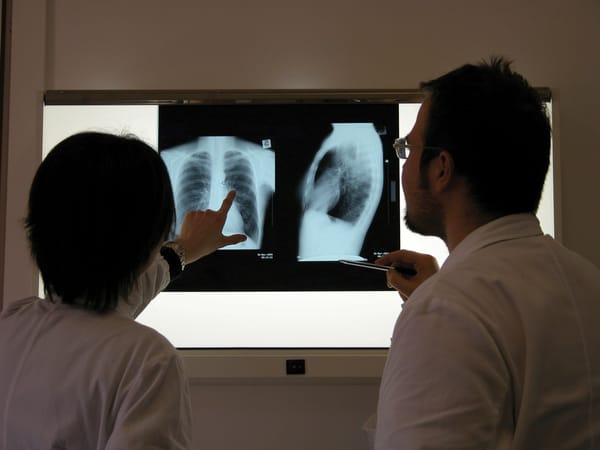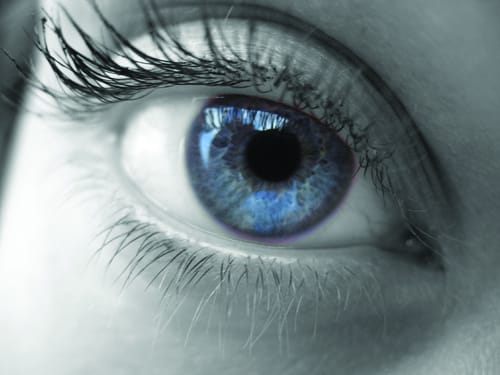Alcohol consumption linked to gene
Researchers discover gene that is linked to higher alcohol consumption
A gene associated with increased alcohol drinking behaviour has been identified, and may lead to a better understanding of the biological mechanisms that control drinking.
The research, published in the journal PNAS, identified the gene known as autism susceptibility candidate 2 (AUTS2) as the likely candidate. A variant of this gene, present in three quarters of people studied is connected with higher levels of alcohol consumption. People with this gene drink, on average, five per cent more alcohol.
While it is not known exactly what the function of AUTS2 is, it is known to be expressed in neurons that regulate reward behaviours and in neurons that determine alcohol sensitivity. The researchers believe that people with the more common gene may have to drink more to gain the same amount of reward. Fruit flies have a similar gene, and in tests researchers found that blocking the effect of this gene made the flies less sensitive to alcohol. As the name suggests, AUTS2 has also been linked to autism and ADHD – both of which are known to be connected with higher levels of alcoholism.
Clearly, there can be no single gene responsible for such a complex behaviour such as alcoholism. As lead author Professor Paul Elliott notes “There are a lot of factors that affect how much alcohol a person drinks, but we know from twin studies that genes play an important role. The difference that this particular gene makes is only small, but by finding it we’ve opened up a new area of research into the biological mechanisms that control drinking.”
Alcohol related diseases are a major burden in the UK, with 15,000 people dying from conditions such as liver cirrhosis, cancer and heart diseases each year. The researchers hope that a better understanding of the genetic mechanisms that govern alcohol consumption may lead to the development of individually tailored treatments for alcohol abuse and addiction.









